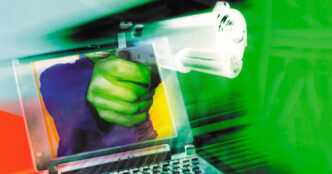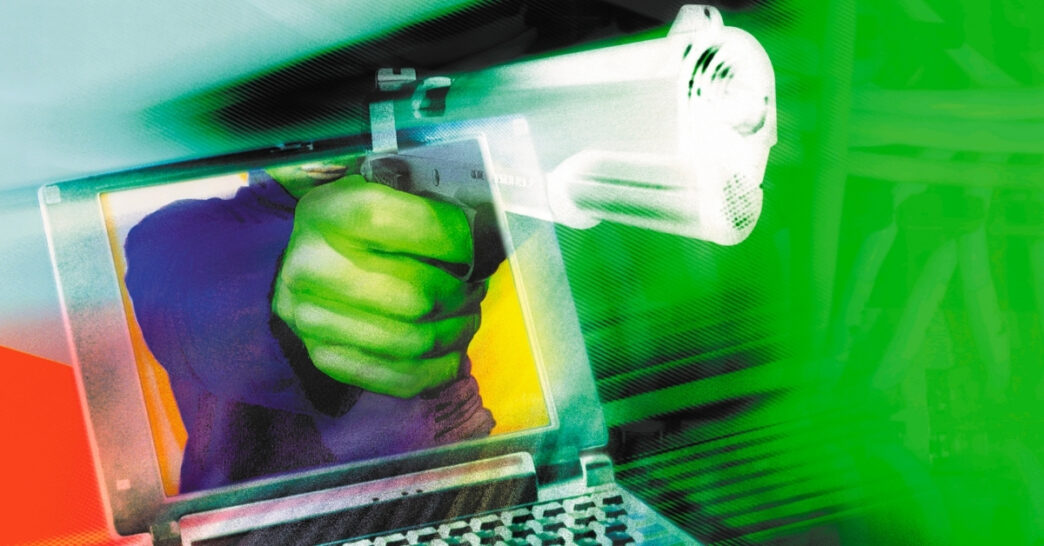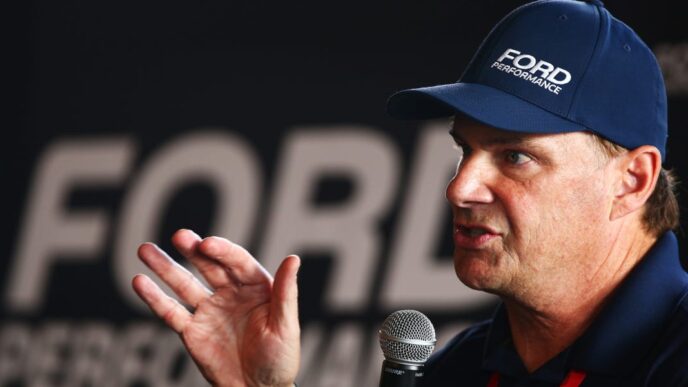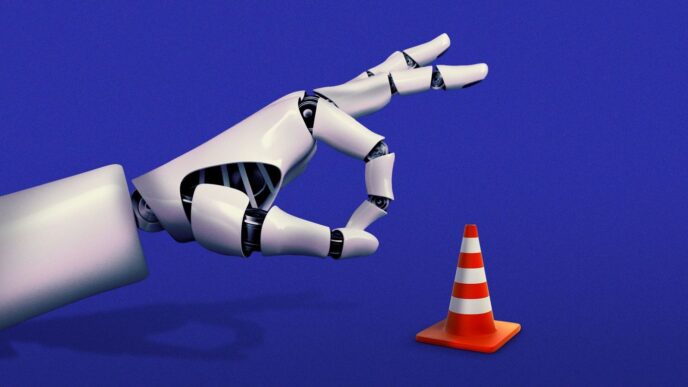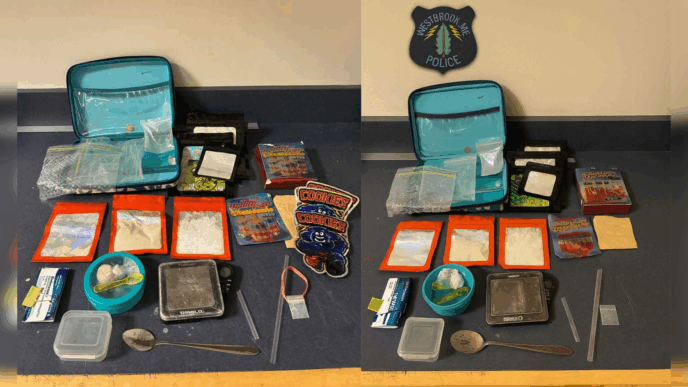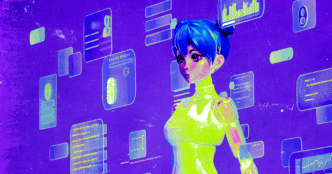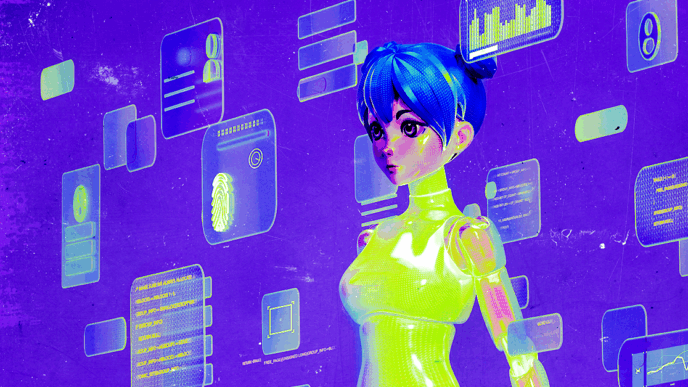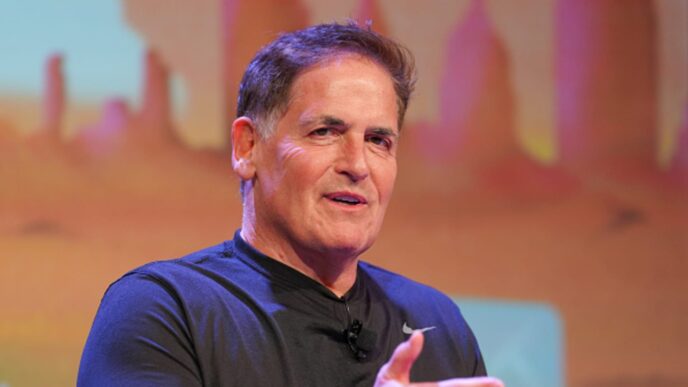AI-powered products are facing a major consumer trust problem.
A new study published in the Journal of Hospitality Marketing and Management reveals people actually reject products labeled "AI-powered," especially luxury items. The research, led by Dogan Gursoy of Washington State University, found generic tech terms like “cutting-edge technology” outperformed “AI-powered” in ads.
Participants split into two groups: one saw AI-branded ads, the other saw vague tech jargon. The AI group showed less interest in buying. Consumers want products that work, no need for “smart” appliances with AI hype.
A separate Parks Associates survey of 4,000 Americans backs this. Fifty-eight percent said “AI” made no difference to their buying choices. Twenty-four percent said it made them less likely to buy. Only 18 percent were positively influenced.
Younger adults 18-44 are slightly more open to AI branding, but still only about a quarter prefer AI-labeled products. A third of older buyers flat-out reject AI marketing.
Distrust runs deep. People don’t see clear benefits and suspect AI just snoops on them. AI in products went from cool to creepy in about two years.
Marketing needs a wake-up call. Slapping “AI” on something isn’t enough. Marketers must clearly explain how AI saves time or improves life — because right now, those two letters just turn buyers off.
Dogan Gursoy’s team sums it up:
“The promise of a toaster that thinks is just a wee bit obnoxious.”
It’s clear: AI hype is burning out fast.
